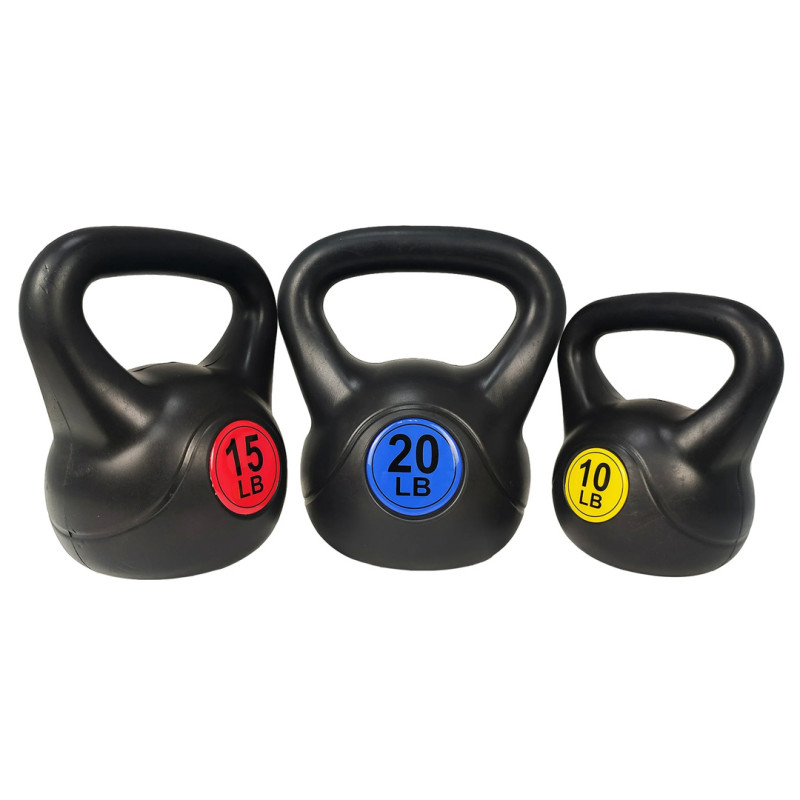Lawsuit alleges Hyundai pressured dealers to play dirty sales tricks
Over the years, South Korean auto giant Hyundai (HYMTF) has evolved from a “cheap” automaker making “disposable” vehicles to a respected name offering electric cars that are worthy competitors to those produced by Elon Musk’s Tesla.
For instance, Hyundai’s Model Y-rivaling Ioniq 5 has been named by auto authority Car and Driver as one of its 10-best SUVs for two years in a row. When the magazine first gave it the award in 2023, it noted that besides its excellent range, charging time, interior space and the “pièce de résistance” of the car was its futuristic design.
“It’s the sort of distinct design that makes even non-enthusiasts enthusiastic about this EV,” senior editor Greg S. Fink wrote in the February/March 2023 issue of Car and Driver.
Though the car seems like an excellent package on its own, a new lawsuit claims Hyundai is adding some smoke and mirrors where it isn’t needed and unfairly penalizing dealers who aren’t “in” on their con.
Related: A Fisker-type problem is affecting an automaker known for quality
Bloomberg/Getty Images
In a new lawsuit filed in federal court in Chicago, Illinois-based Napleton Aurora Imports and its affiliated franchises accuse Hyundai Motor North America of running a scheme with dealers to artificially boost the sales figures for certain vehicles.
The details of the suit allege that dealers were pressured into a “secret program” that acted as a “multitiered scheme to cause its dealers to report false sales.”
A finger on the scale

NurPhoto/Getty Images
The scheme itself revolved around false sales data entries to Hyundai, where electronically collected sales reports were generated from illegitimate sales and allocations.
In the 30-page suit document, the plaintiffs extensively detailed how Hyundai and its dealers purportedly abused the way sales were recorded electronically.
According to the plaintiffs, Hyundai dealers were encouraged to take advantage of its “Retail Delivery Reports,” or RDRs to the company.
Besides essential information such as the customer’s name, address, the kind of vehicle they purchased, and what day they bought the car, RDRs have a special code that shows whether a car was sold as a “retail” sale to a customer or as a “Fleet” sale to a business or government agency, among several other categories.
Two of these categories involved loaner vehicles. Hyundai encouraged its dealers to use new inventory as loaner or rental vehicles for legitimate reasons, like customers with cars in their service departments, but according to the suit, many of the vehicles designated as “loaners” never saw a customer behind the wheel of one.

Bloomberg/Getty Images
In theory, this scheme is the computerized equivalent of a “finger on the scale,” as vehicles allocated as loaner cars on the dealership management software count toward Hyundai’s sales figures, inflating the brand’s sales figures internally and externally.
In the suit, the plaintiffs said that they were encouraged to inflate the sales of EVs by falsely designating them as loaners, even though they weren’t appropriate for the job.
“Highlighting the ruse, HMA advised [dealers] to report slow selling EVs as [loaners], which are particularly unsuited as loaners for the SRC Program because of lack of charging infrastructure, lack of range, and lack of customer familiarity with the product,” the suit said.
The “Benefits”

Bloomberg/Getty Images
According to the suit, those who played ball with the scheme were rewarded with benefits that would give them an unfair advantage against other dealerships.
One of these advantages was better access to desirable vehicle allocation. As a reward for reaching their sales goals, Hyundai provided dealers with per-vehicle discounts between $750 to $1,500 for electric vehicles that replenished their lots.
However, participation in the scheme also meant that dealers could be rewarded with cars that generate legitimate sales for Hyundai dealerships, cars that dealers know that their customers actually want to buy.
Attached to the suit is a piece of evidence marked as “Exhibit A,” which is a transcript of a recorded call between one of the plaintiff’s dealerships and Hyundai district sales manager Chris Pilon.
In the call, he laid out the scheme in front of the dealer as a “favor/proposition slash um awkward thing to ask,” further noting that “desperate times call for desperate measures,” saying that he was “kinda up against a wall, we gotta hit a number for the press and for the Koreans.” In exchange for participating in the scheme, the district sales manager laid out a vehicular devil’s bargain to the dealership.
“As a quid pro quo for participating in this scheme, the dealership would receive extra inventory of HMA’s faster selling gas powered/hybrid models such as Santa Fe plus a mix of other cars, Kona, Elantra, Tucson, Palisades and Santa Cruz models,” the suit laid out. “Excluded from this allocation would be Ioniqs, HMA’s slow-selling EV model.”
Related: Police officer pulls over Waymo robotaxi, is greeted by no driver or passengers
More Business of EVs:
- New study suggests EVs are supercharging an impending environmental crisis
- GM President has bold plans for an iconic sports car’s EV resurrection
- Ford CEO says this iconic model will “never” be an EV
The results

Bloomberg/Getty Images
According to the suit, the goal of the scheme was to artificially inflate Hyundai’s vehicle sales in the face of those who did not know better: investors and the general public.
The suit itself names recent LinkedIn posts by Hyundai Global President Jose Munoz, as well as a recent Business Korea article about Hyundai’s 11.2% share of the U.S. EV market; of which the plaintiffs claim are false due to the scheme they allege to have uncovered.
“As we continue to launch new EVs and bring more capacity online, the gap between HMG and Tesla (which has been the No. 1 EV maker in the U.S. market) has also shrunk by about 33 percentage points over the past five years,” Munoz said in a June LinkedIn post.
“Thank you to the teams at Hyundai Motor America, Genesis Motor America, our colleagues at Kia America, and our outstanding retail partners.”
In a recent Automotive News feature, Hyundai North America CEO Randy Parker said that increased competition from other brands will mean a rough road ahead for the brand.
“We feel pretty bullish about the second half, but it’s going to be tough,” Randy Parker told Automotive News.
Additionally, he said that despite the narrative of consumers being increasingly disinterested in EVs, “the proof is always in the performance, and we perform quite well.”
In a statement to Reuters, Hyundai says that it does “not condone falsifying sales data” and that an internal investigation has been opened after it was alerted of the allegations.
The Hyundai Motor Company, which trades on OTC markets as HYMTF, is down 3.07% from market open, trading at $61.80 per share at the time of writing.
Related: Veteran fund manager picks favorite stocks for 2024
Source link


